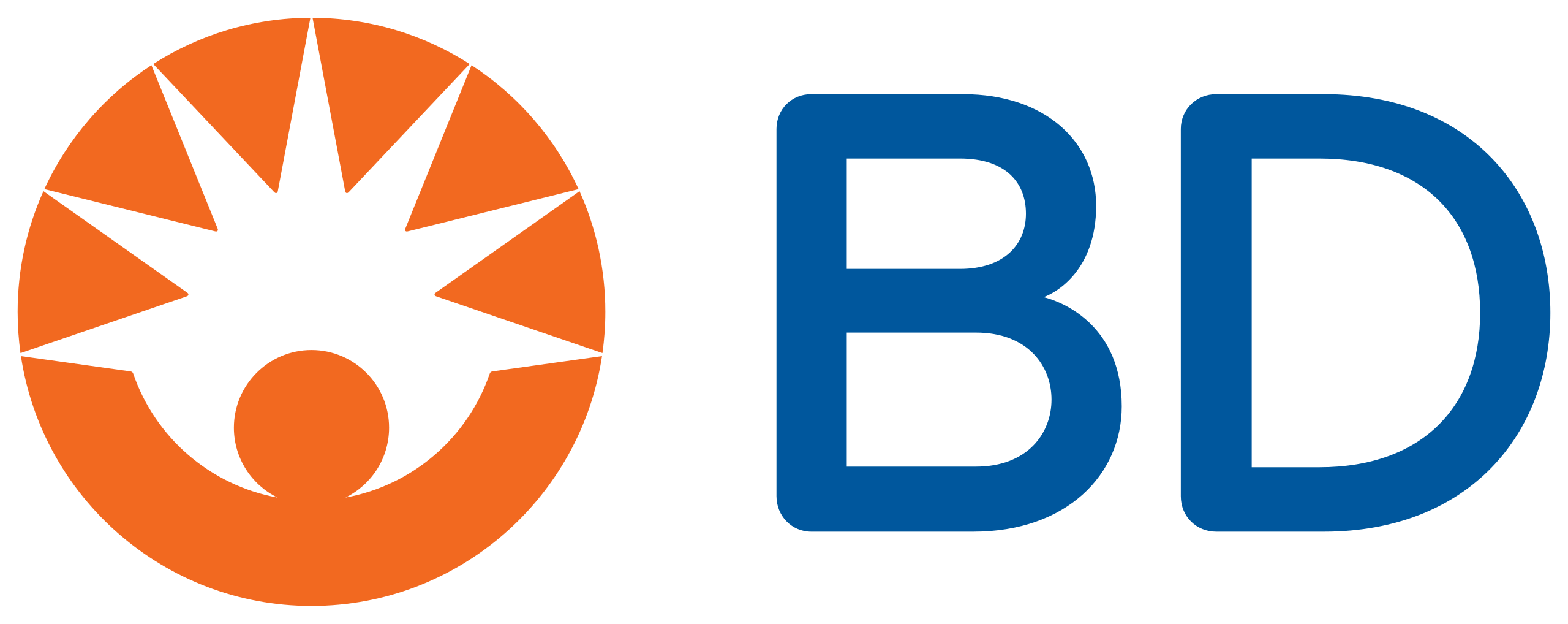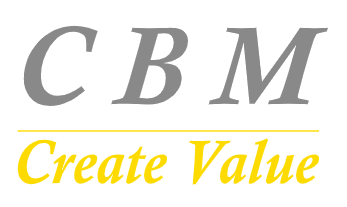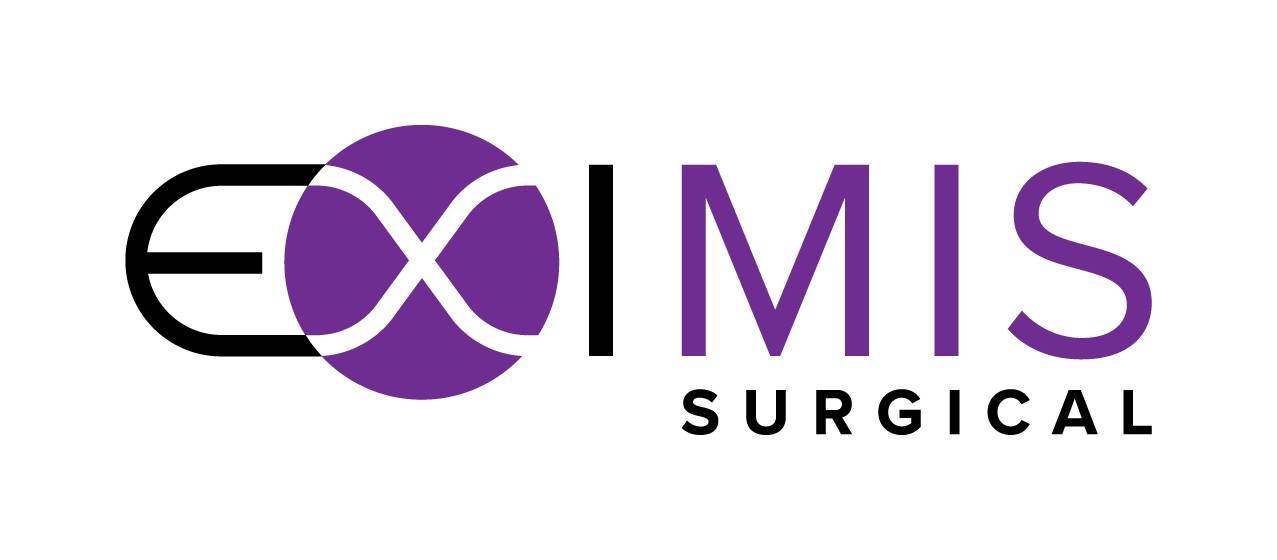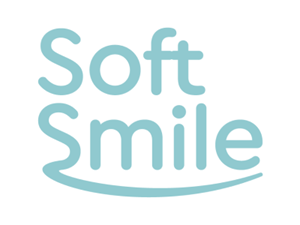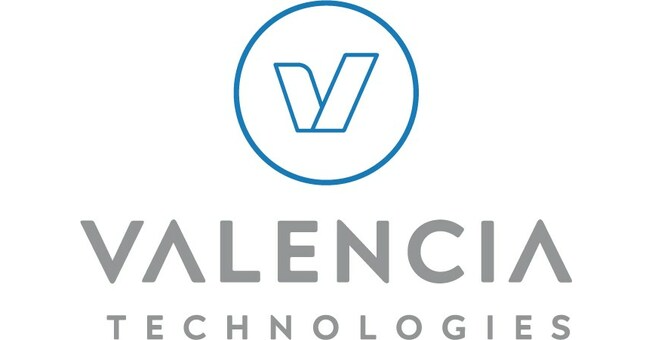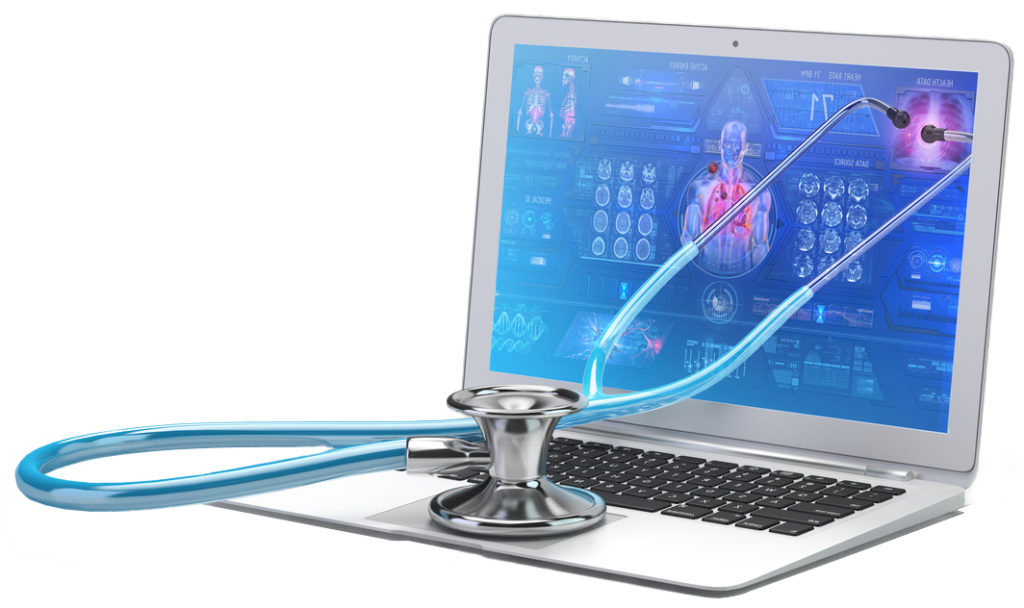Our Services
Development and Testing of Safety-Critical Software Exclusively for the Medical Device Industry
Artificial Intelligence (AI) and Machine Learning (ML)
Incorporating predictive analysis and data management into medical software while ensuring regulatory compliance
Learn More



